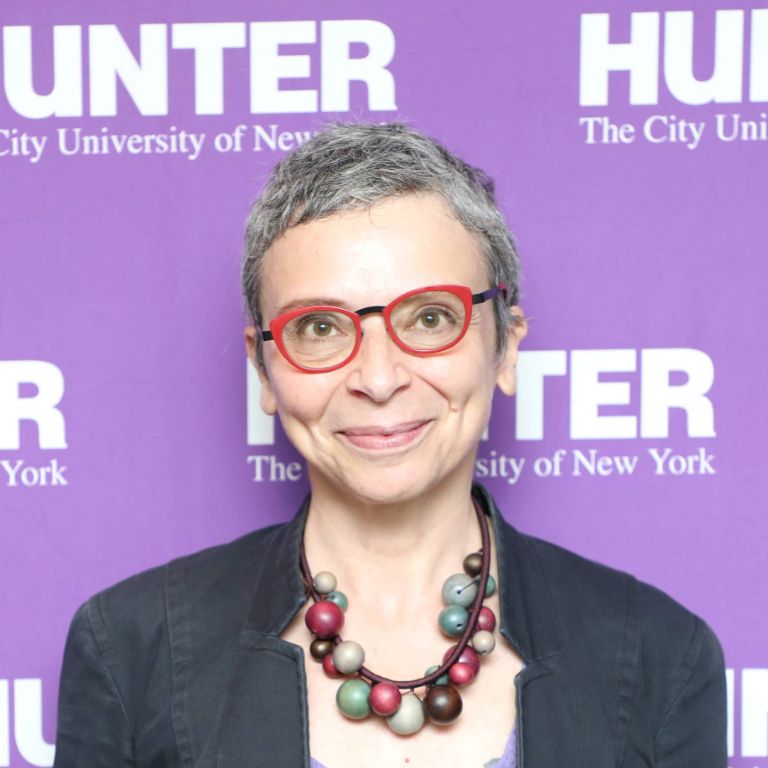Profile
Monica Calabritto is a Professor of Italian and Comparative Literature at Hunter College and at the Graduate Center of the City University of New York. She is the Chairperson of the Romance Languages Department at Hunter College.
Her main research area is Early Modern culture and literature. She focuses on the interaction between medicine, literature, and law and the relation between visual and verbal media in early modern Italy and Europe.
At the core of Calabritto’s research is a deep interest in analyzing macro-topics such as insanity, early modern criminal justice, the interaction between medicine and law in the courtroom, the coexistence of oral and written communication in legal documents and vernacular narrative, and the expression of emotions couched in legal actions, through micro-historical accounts found in archival records. Though gaps and question marks remain, these documents bring together a picture of early modern Italy’s social life and the medico-legal frameworks that dominated the age. Her research also involves the development of the notion of evidence in early modern law and medicine and its relationship with the related terms fact and fraud. Her book Murder and Madness on Trial: A Tale of True Crime from Early Modern Bologna was published by Penn State University Press in May 2023 for the “Interactions in the Early Modern Age” series.
Calabritto’s interest in the relationship between fact and fiction brought her to explore the historical novel genre in its canonical forms and its modern and contemporary variants.
Monica Calabritto has been teaching for more than twenty years a variety of courses, including the Italian language at all levels and Renaissance Italian and European literature and culture at the undergraduate and graduate levels (M.A. and Ph.D.). Her classes are student-centered and emphasize acquisition and experiential learning. Professor Calabritto is also interested in integrating visual and verbal media using emotions and emotional codes in her teaching.
She is the recipient of fellowships and grants from Villa I Tatti (Harvard University), The Andrew W. Mellon Foundation, The Professional Staff Congress, CUNY, and The Italian Ministry of Foreign Affairs


